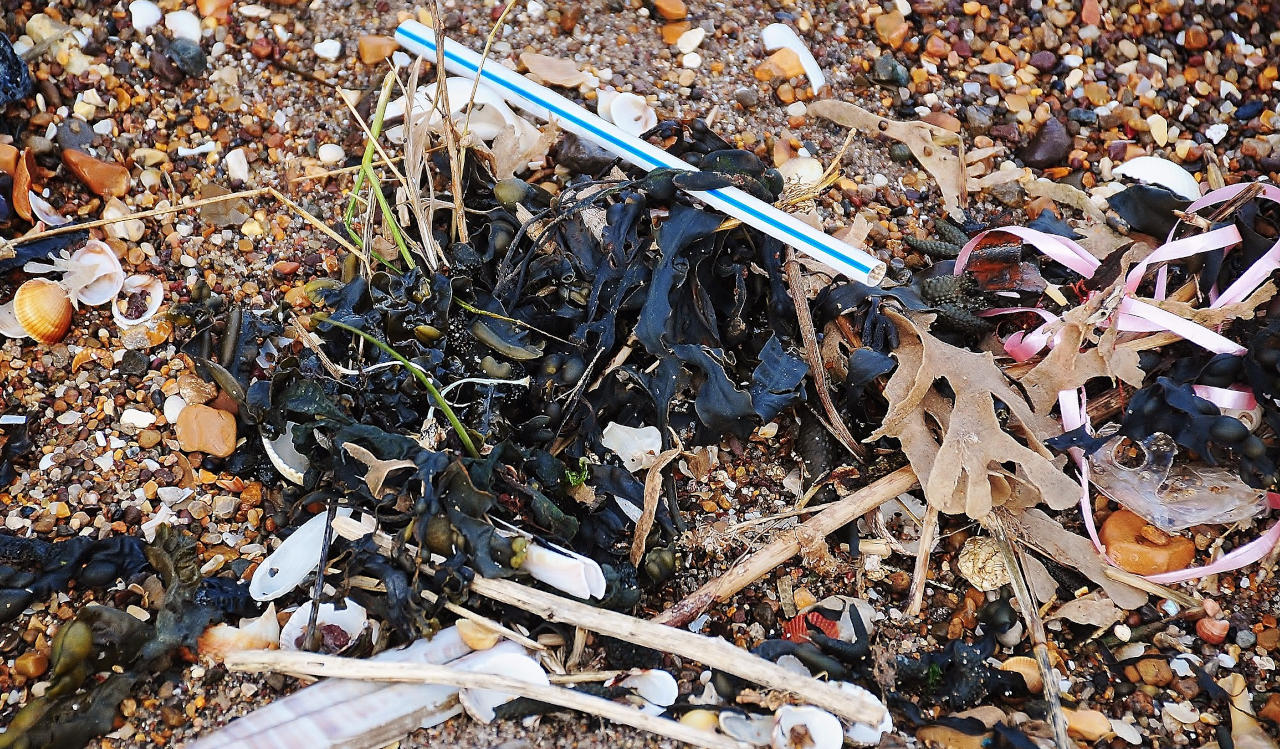
Yes. You read correctly. Ban plastic straws in Trinidad and Tobago. Why? Did you know that the most common trash item found during ocean cleanups is the plastic straw? The United States alone uses millions of single-use plastic straws daily which are among the top 10 contributors to plastic marine debris worldwide. In 2016, nearly 7.5 million plastic straws were found on the U.S. shorelines during a five-year cleanup research project. Extrapolated globally, that’s a whopping 437 million to 8.3 billion plastic straws on the world’s coastlines!
Plastic Straw Pollution
In 2021, research showed that plastic straws make up about 99% of the $3 billion global drinking straw market. However, there is hope to this debilitating fact by recycling used straws but most recycling machines aren’t capable of recycling straws, given their size. And how many recycling machines are there in Trinidad and Tobago? Research also shows that microplastics are in our drinking water, food supplies, and our bodies. How much of this plastic pollution is attributed to the plastic straw?
It has been estimated that by the year 2050 virtually every seabird species on the planet will be eating plastic1 as part of their daily diet! The United Nations recently said that plastic-associated chemicals in our food and groundwater may present an attributable risk to human health. Plastic exposure has been linked to cancers, birth defects, impaired immunity, endocrine disruption, and other ailments.
Why Can’t We Just Ban Straws in Trinidad and Tobago?
- Some Disabled People Require Plastic Straws to Drink
- A Ban could Harm the Economy
- Without straws, some drinks can not be consumed.
What’s The Solution?
The days of disposable plastic straws are numbered. In their place, more eco-friendly options are appearing where individuals have the option to purchase reusable straws made of glass, stainless steel or wood. However, these options are not always convenient and may require additional sanitization and sterilization to be fit before use.
Businesses such as food and beverage companies may still be required to give their customers the option of a disposable straw with their purchase. In these situations, businesses are increasingly turning to paper straws that are 100% biodegradable and safe for the environment. Paper straws break down without leaving a trace in a period sometimes as short as a couple of weeks. It is important to remember that plastic straws are not the only culprit in destroying the ecosystem, however, eliminating one straw at a time will be a moving action towards Environmental Sustainability. We all long for the day when the headlines say, “Trinidad Bans Plastic Straws”.
- https://oceanservice.noaa.gov/hazards/marinedebris/plastics-in-the-ocean.html
